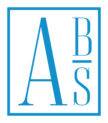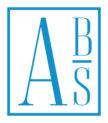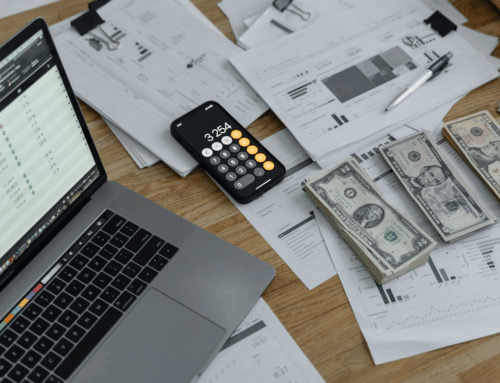Paying yourself as a business owner in Canada isn’t as simple as writing a cheque. The way you compensate yourself impacts your taxes, cash flow, and long-term financial planning. Whether you’re a sole proprietor or have an incorporated business, understanding your options is crucial for compliance and sustainability.
In this guide, we break down the best ways to pay yourself based on your business structure and financial goals.
Paying Yourself as a Sole Proprietor in Canada
As a sole proprietor, there’s no legal separation between you and your business. That means your business income is your personal income—you don’t draw a traditional “salary.”
How It Works:
-
All business revenue belongs to you as the owner.
-
You can transfer money from your business account to your personal account as needed.
-
You report your net business income on your personal tax return using Form T2125.
✅ Pro Tip: Even though the income is yours, paying yourself on a regular schedule (e.g., biweekly or monthly) and keeping separate bank accounts helps manage finances better and simplifies bookkeeping.
Paying Yourself from an Incorporated Business in Canada
When you incorporate your business, it becomes a separate legal entity. This allows you to pay yourself in two primary ways: salary and dividends.
Option 1: Pay Yourself a Salary
-
You become an employee of your corporation.
-
Income tax, CPP, and possibly EI are deducted at source.
-
You’ll receive a T4 slip for personal tax filing.
-
Salaries are a tax-deductible expense for your corporation.
Option 2: Pay Yourself Dividends
-
Dividends are paid from after-tax corporate profits.
-
No CPP contributions are required.
-
You’ll receive a T5 slip to report dividend income.
-
Dividends offer more flexibility, but come with fewer benefits like CPP and RRSP contribution room.
Salary vs. Dividends: Which Is Better?
There’s no one-size-fits-all answer—it depends on your goals.
| Factor | Salary | Dividends |
|---|---|---|
| Regular Income | ✅ Yes | ❌ No |
| CPP Contributions | ✅ Yes | ❌ No |
| RRSP Eligibility | ✅ Yes | ❌ No |
| Payroll Deductions | ✅ Yes | ❌ No |
| Tax Flexibility | ❌ Less | ✅ More |
🔁 Many incorporated business owners use a mix of both salary and dividends to balance tax savings with long-term financial security.
Final Tips for Paying Yourself the Right Way
-
✅ Work with a bookkeeper or accountant to create a compensation plan that aligns with your income, tax position, and financial goals.
-
📊 Track all withdrawals—regardless of your business structure—to maintain clean financial records.
-
🧾 Plan ahead for taxes to avoid unexpected bills or penalties.
Make Smart Payment Decisions with Expert Support
Paying yourself properly isn’t just about taking money out—it’s about staying compliant, building financial stability, and ensuring long-term business success.
At AZON Bookkeeping Services, we help Canadian entrepreneurs and small business owners set up smart, tax-efficient compensation structures. Whether you’re a sole proprietor or incorporated, we can help you keep your business and personal finances in sync.
📞 Need help structuring your pay? Contact us today to book a free consultation.






